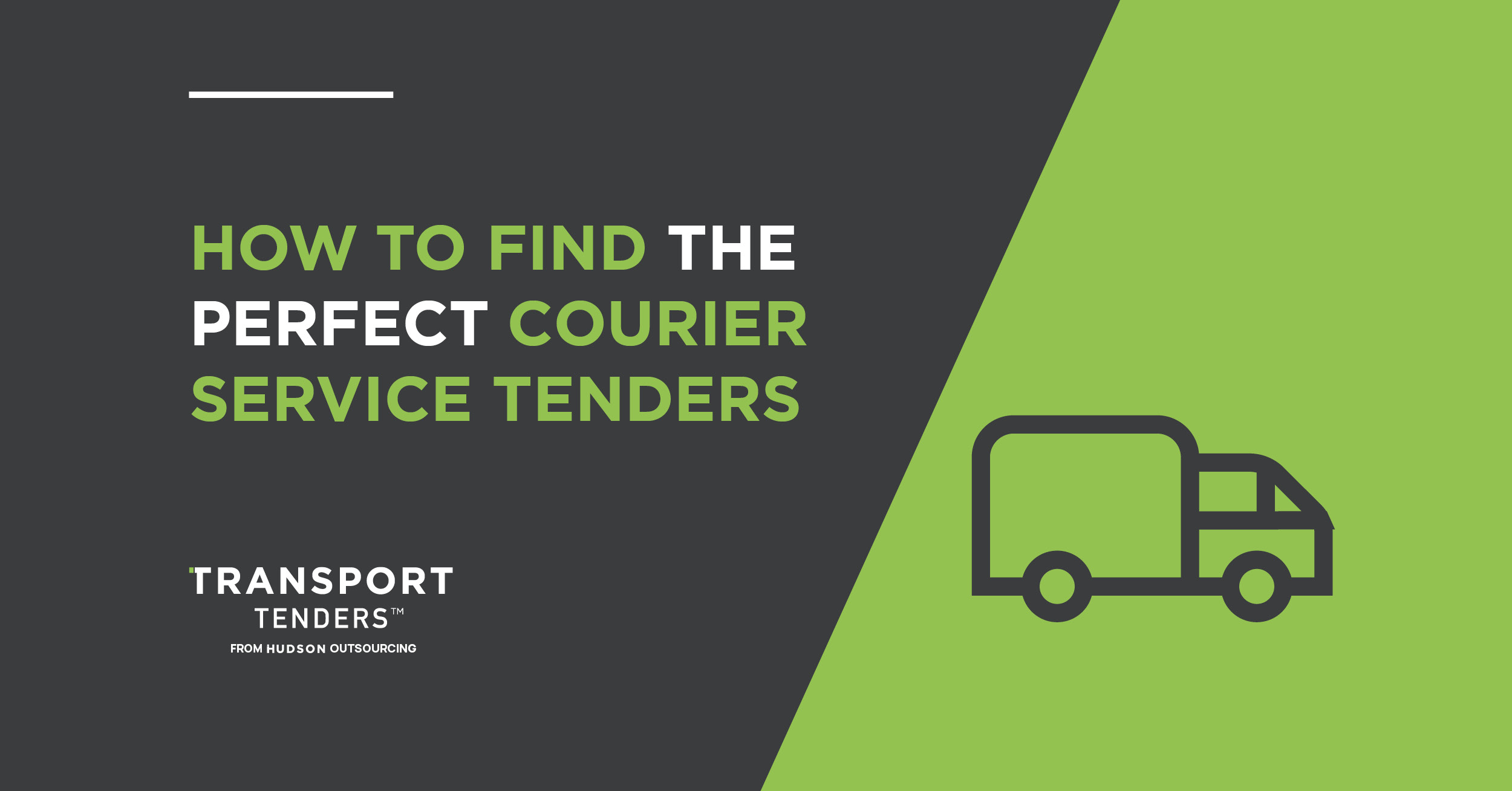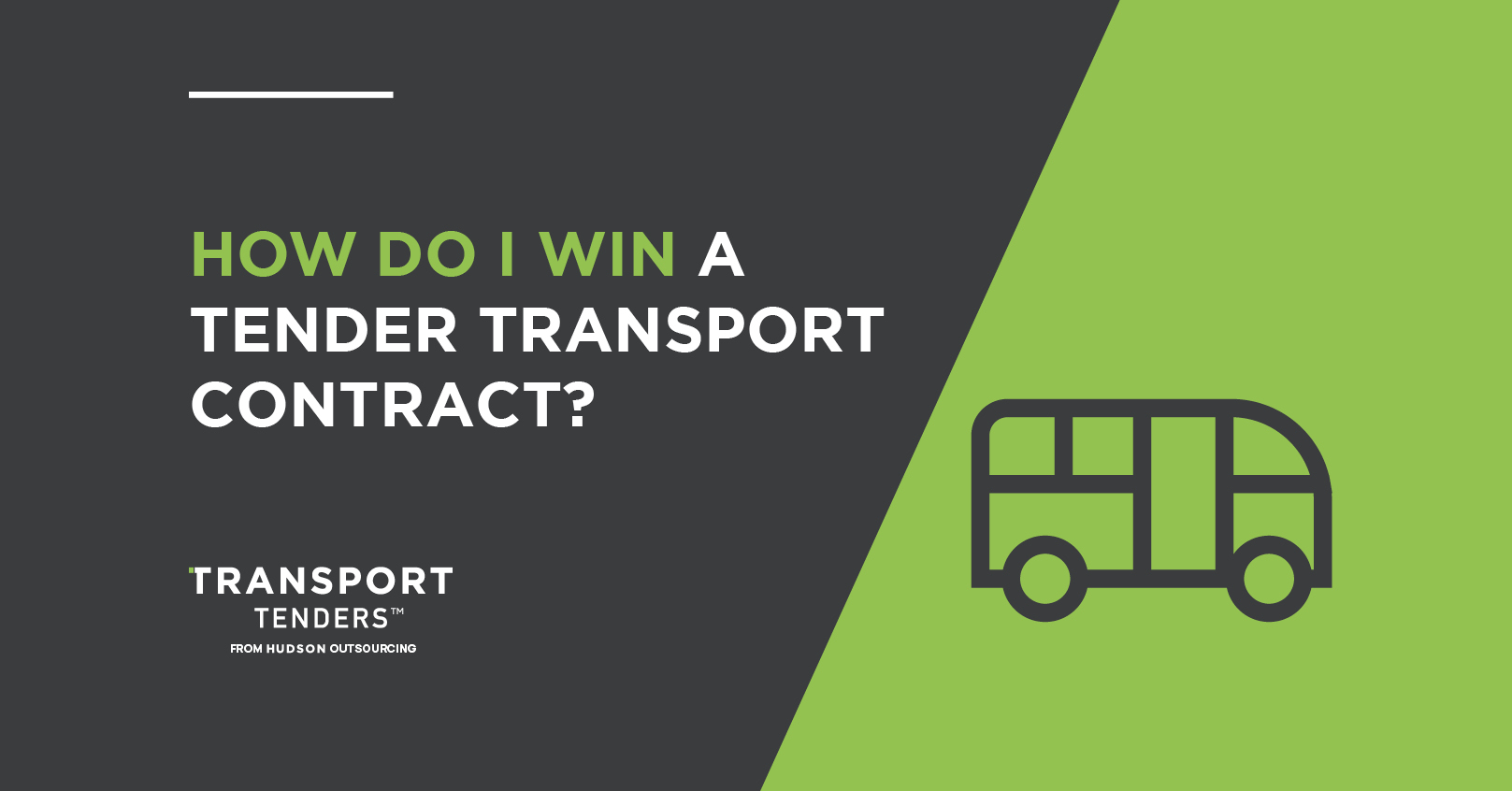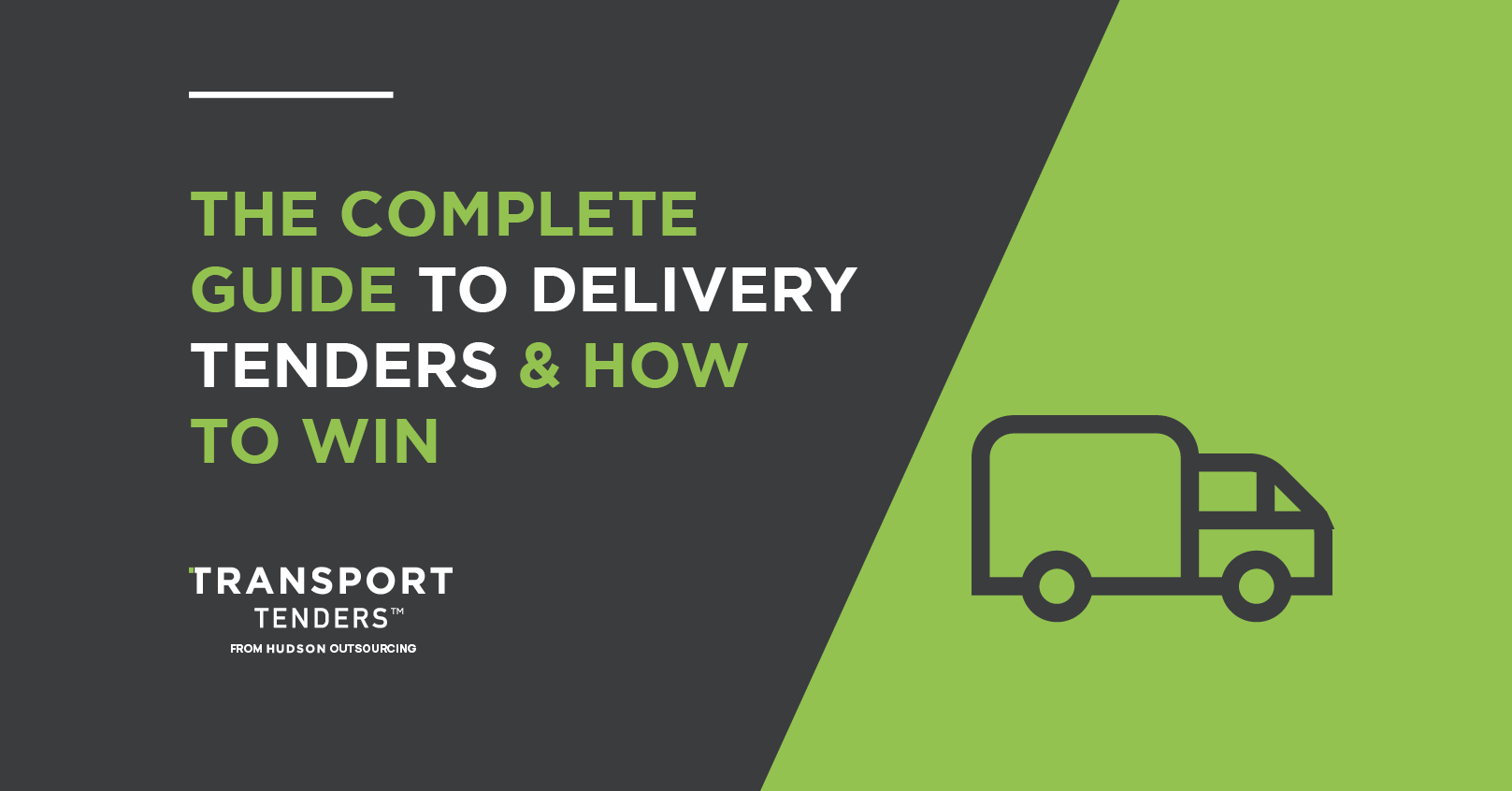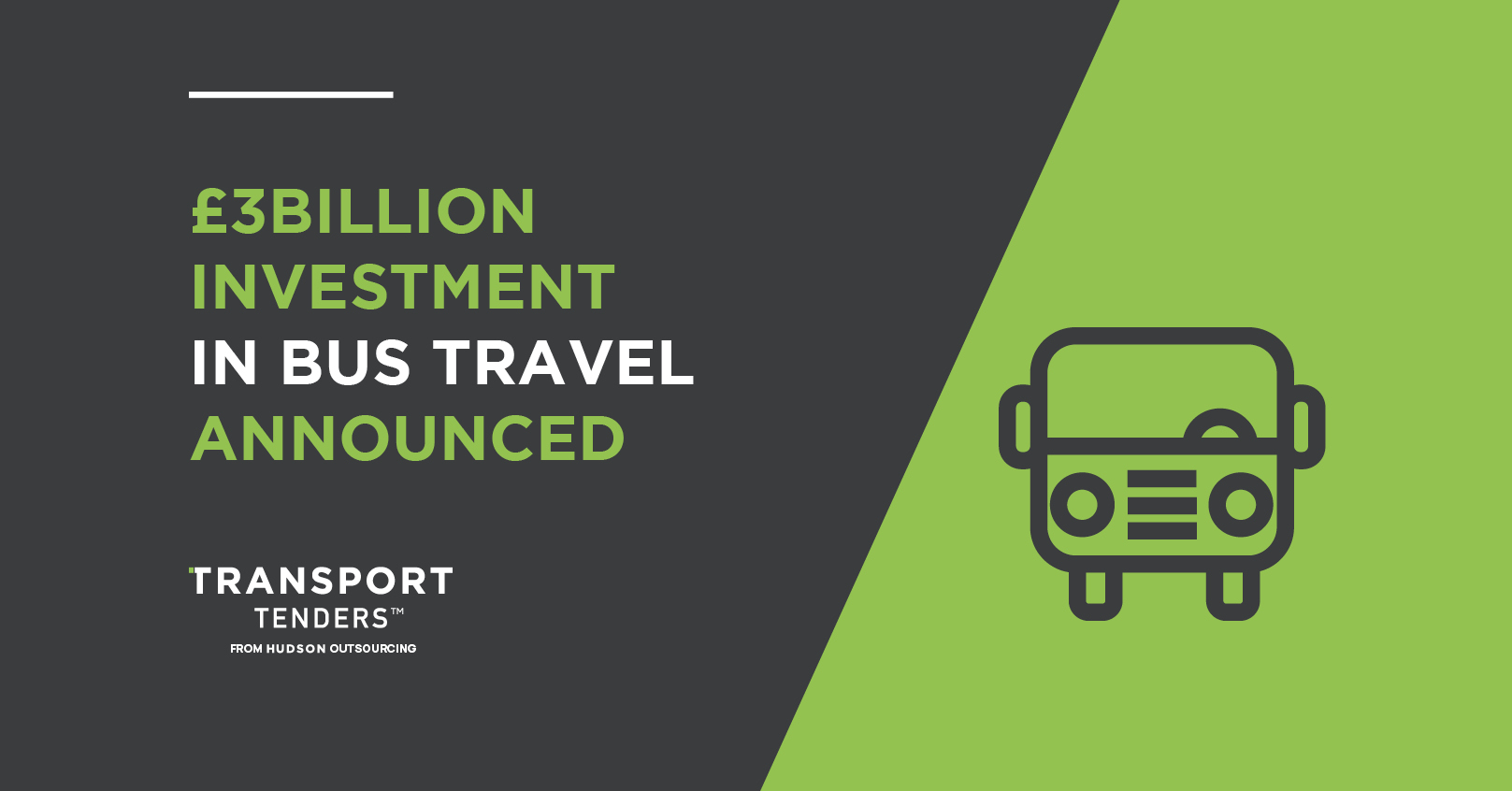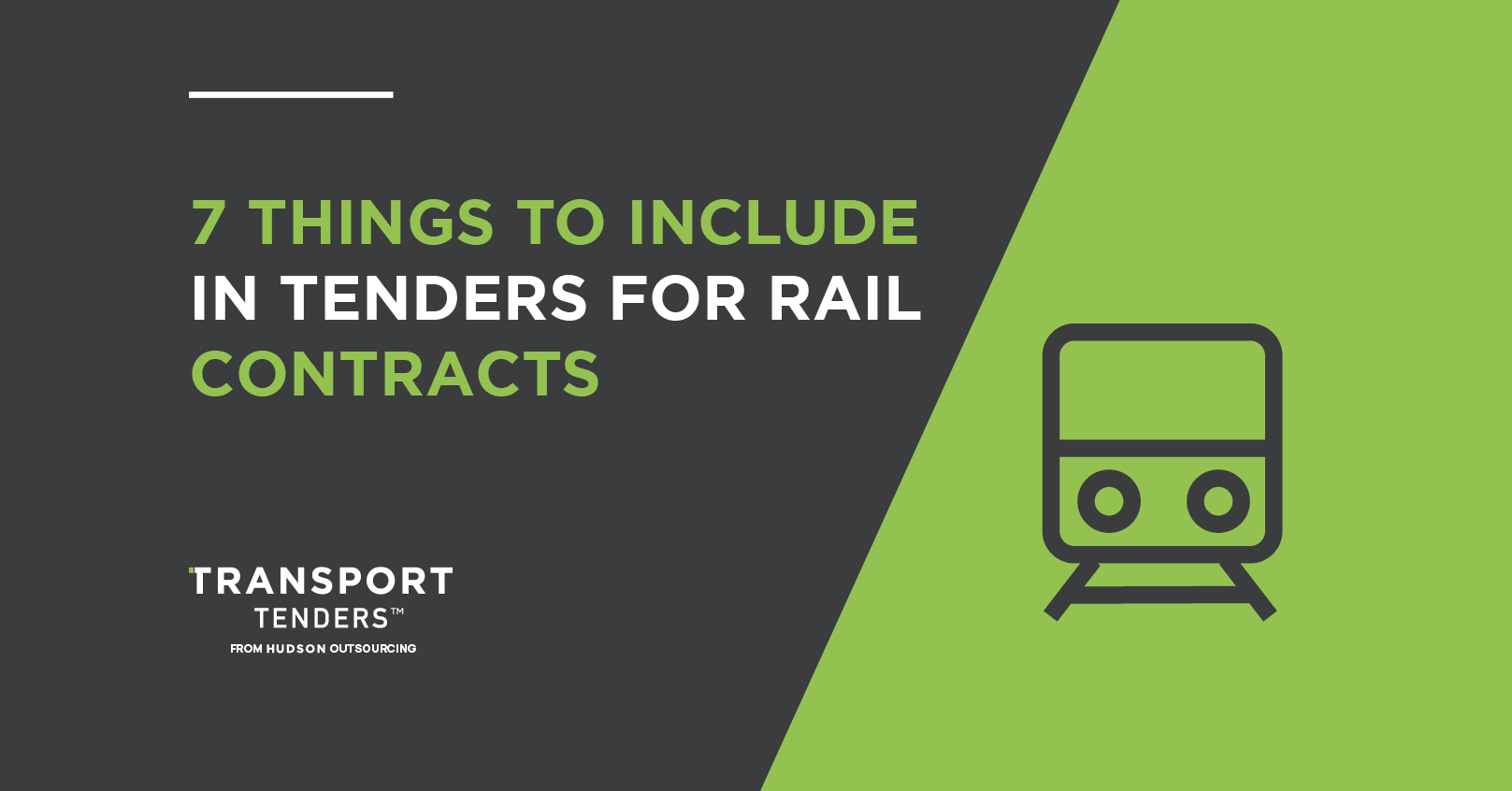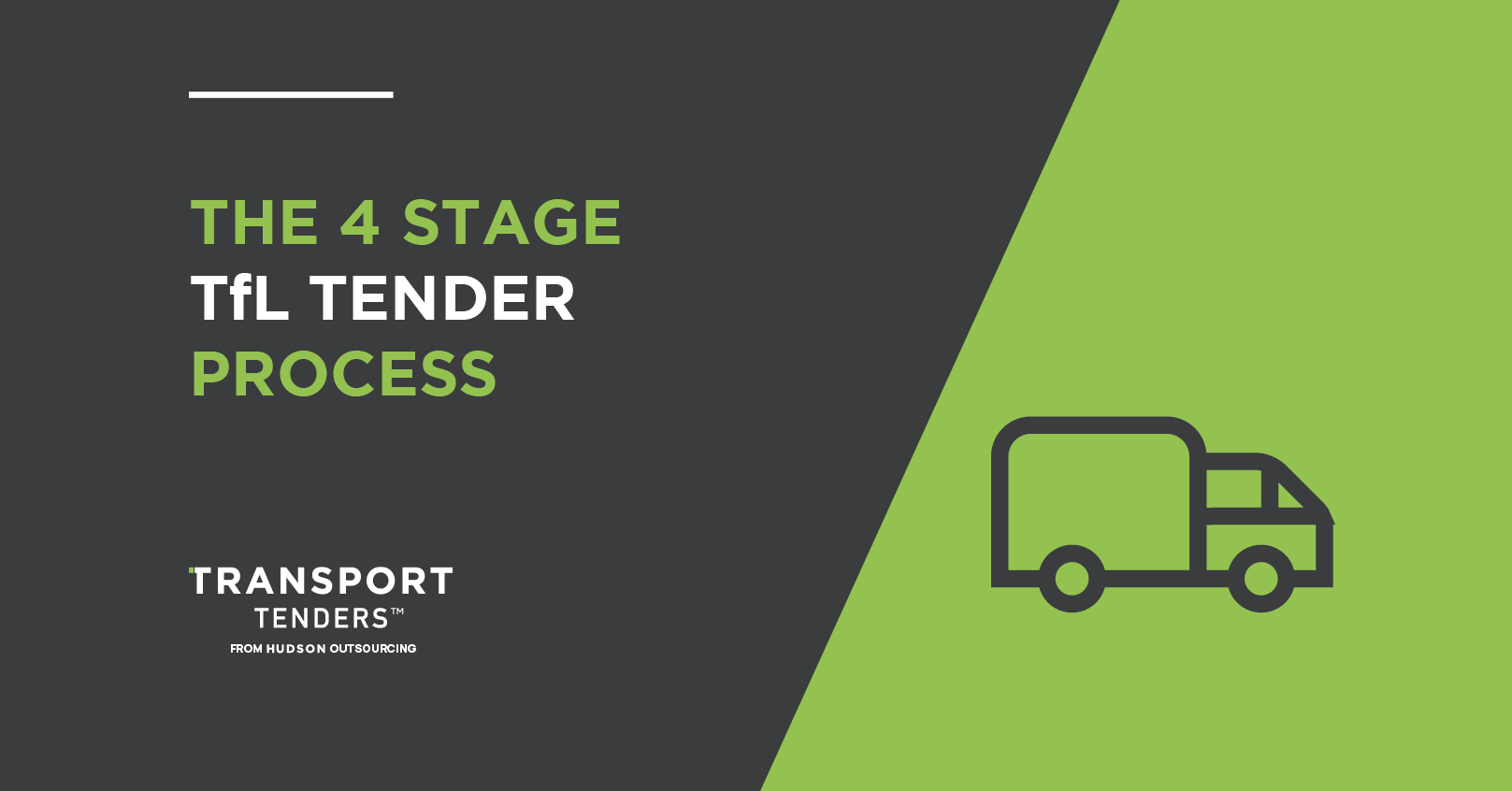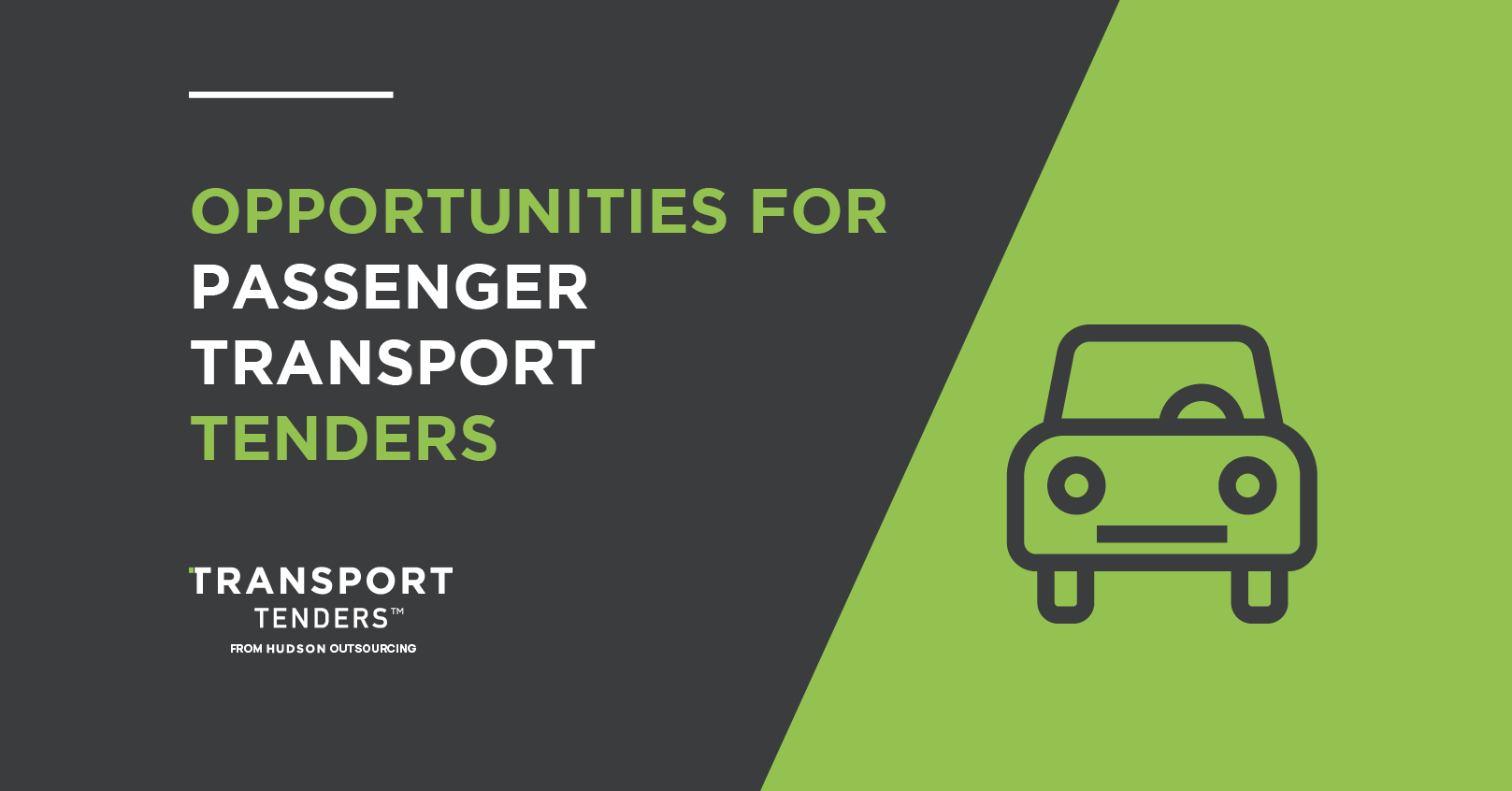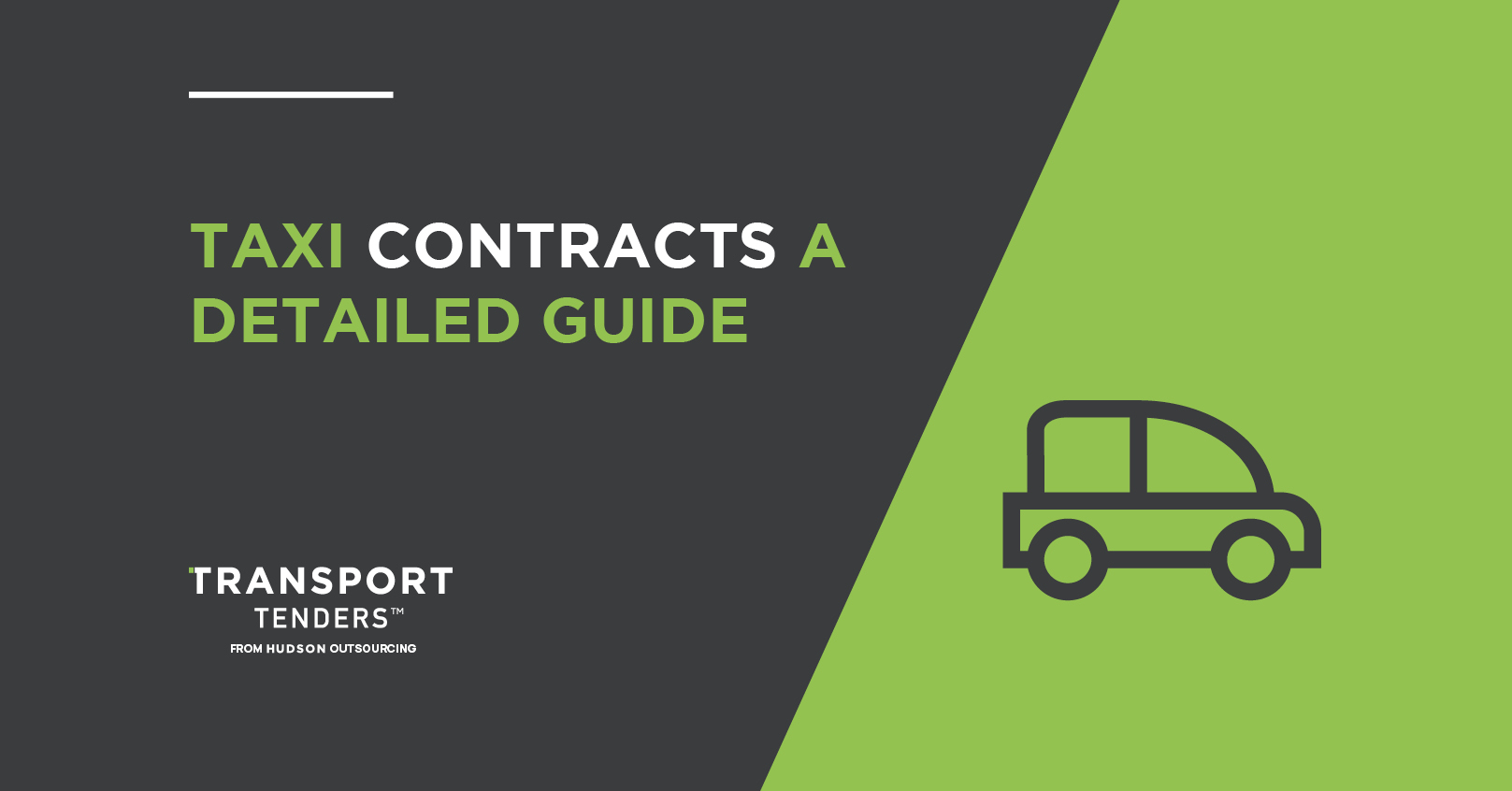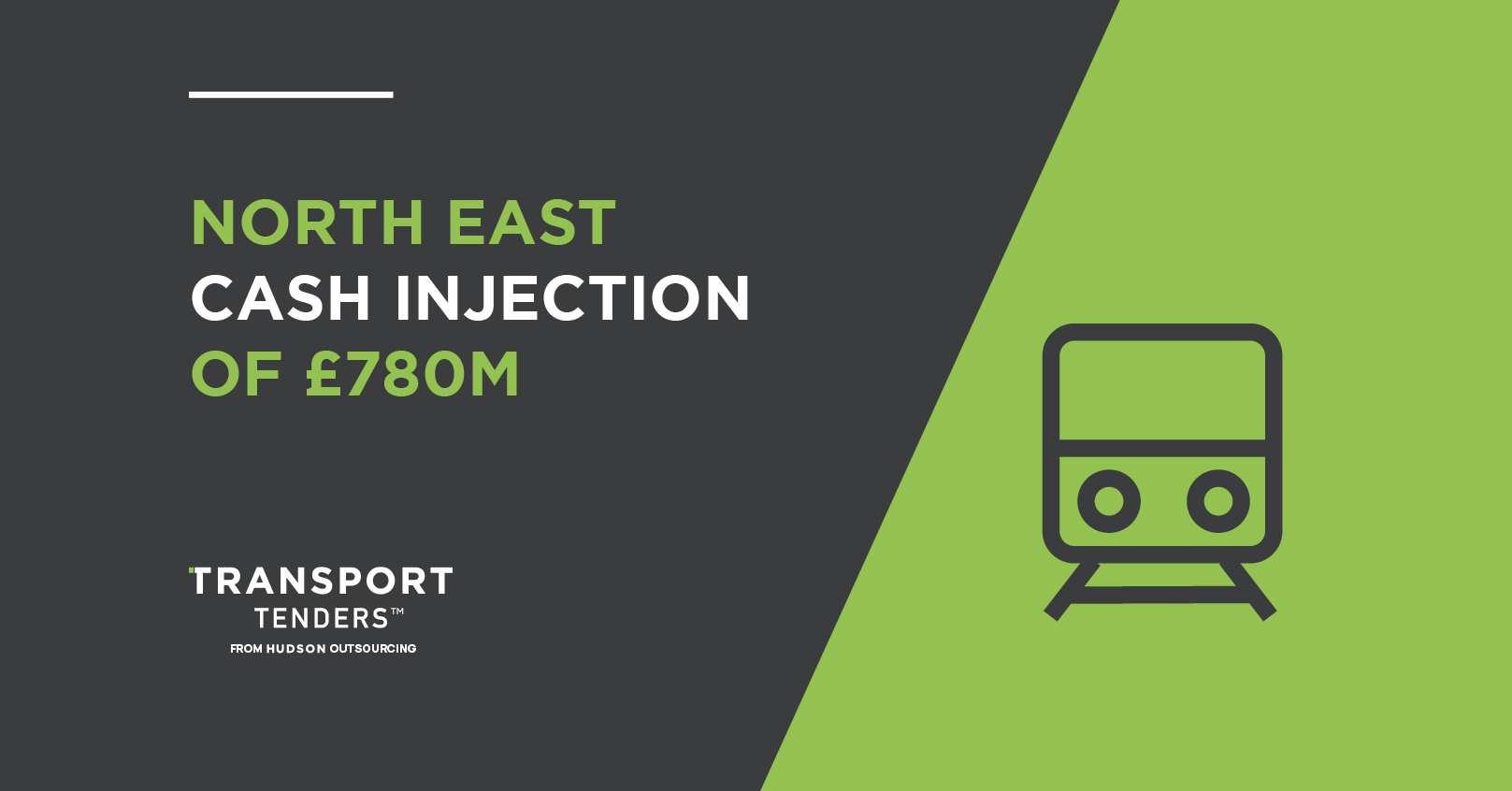What do you need to know about taxi tenders?
Why tender for work?
Tendering for taxi contracts, simply put, will allow you to expand your business into the public sector. In most cases, this will lead to guaranteed work. Indeed, it is the strategy of some companies to tender and deliver services via frameworks exclusively.
Not only that, but tendering for contracts in the public sector means that your business is guaranteed pay. This is because buyers in the public sector are bound by their contractual agreements.
However, it’s important to note that this doesn’t apply to contracts in the private sector. Private buyers aren’t bound by the same agreements, so payment isn’t necessarily guaranteed within a certain time frame.
Over 75% of vehicles registered in England last year were private hire vehicles. Buyers, such as local authorities, will seek to buy into the service. As such, you could provide your taxi service for local councils, schools or colleges.
What are the different types of taxi tenders?
Buyers on our Transport Tenders portal stem from across the public and private sectors, ranging from local councils, schools and colleges to private firms. Procurement solutions for taxi contracts may come in the likes of winner-takes-all, direct contracts, multi-supplier frameworks or dynamic purchasing systems (DPS). The latter is often open for applications across extended periods of time, often years.
Local councils often require taxi services to take children to and from school, and other locations when needed. These are commonly known as ‘home to school transport’ tenders.
Taxi tenders, such as those outlined above, are often split into lots. This can be based on geographical location, such as different taxi routes, or specific requirements, such as vehicle type.
Certain taxi tenders involve taxi services for protected or vulnerable adults, or children with complex medical needs. This can impact what the buyer is asking for. For example, depending on the needs of the buyer, a passenger assistant might be required.
In other cases, taxi tenders could be released to assist staff members with getting to and from work. For example, tenders for the BBC or Houses of Parliament.
The process: Taxi contracts
As with any tender, taxi contract procurement processes can vary. However, more often than not, the two stages – as per the restricted procedure – consist of a selection questionnaire (SQ) and an invitation to tender (ITT).
What is an SQ?
SQs were introduced by the CCS (Crown Commercial Service) in 2016, with the intention of replacing the PQQ. There are only slight differences between an SQ and a PPQ, with both documents covering much of the same information.
SQs were introduced to determine who meets the suitability criteria and can be considered for the tender stage. No matter the contract, SQs will always ask for basic information, such as details of your company. If applicable, they will also ask for information about your parent companies and/or subcontractors you would need to use.
SQs are used to filter through potential suppliers before they actually bid for the contract at hand. Should you meet the eligibility criteria and pass the SQ stage, you will be invited to the tender stage. Sometimes, buyer’s combine the two stages together, and as such you submit an SQ with an ITT.
What is an ITT?
After passing the SQ (or PPQ), you’ll be invited to tender. If you make it to this stage, the buyer has deemed you suitable to be shortlisted for the contract. Now, it’s time to submit a more detailed response to show the buyer that you’re right for the contract.
ITTs will change from contract to contract. However, there are certain things that are included in most ITTs, and taxi tenders will be no different.
ITTs for taxi tenders will most likely include the following:
- A cover/ITT letter – this is to inform suppliers that they have been invited to tender.
- A scope of procurement – this tells the suppliers details of the contract, such as relevant dates, length and approximate value.
- Submission terms – this explains how you should submit the tender and when it should be submitted by.
- A buyer profile – this details information about the buyer, such as their overall missions and objectives.
- The award criteria – this is where the buyer outlines how the tender will be assessed and evaluated.
- Specification – this will vary depending on the tender, but is one of the most important documents in the ITT. It can vary in length depending on the goods and services being procured. It’s crucial that you read every page of this thoroughly, no matter how long it is.
- Separate appendices – this will all depend on how the tender has been put together. Appendices could include things such as pricing schedules, a quality response template or terms and conditions of the contract.
Remember, this is only a fraction of the information that could be included in an ITT for taxi tenders. The information you find in your ITT will all depend on the contract at hand. Therefore, it’s crucial that you carefully and thoroughly read through each document to make sure that nothing is missed.
What should you expect from taxi tenders?
So, we’ve covered the basics of an ITT. What should you expect to see from a taxi tender?
There are certain questions that you should expect to see in taxi tenders. For successful tendering, you’ll need to provide the buyer with a detailed response.
Here are some examples of what you might have to address in your tender response for taxi tenders:
The buyer will want to know about the range of vehicles available for the contract. This includes size, type, disabled access, servicing and maintenance plans, and green credentials.
You’ll need to outline how many drivers are directly employed by your company, as well as any subcontractors. If you are going to use subcontractors, the buyer might ask for extra assurances of quality and reliability. Generally, DBS checks will be required.
This will depend on the contract, but is very common with taxi tenders. Safeguarding measures, such as additional training, are often required to ensure the safety of the passengers being transported.
The buyer will also want to know details of your journey logging systems, as well as time keeping. If you use a particular app as part of your services, the buyer will want to know about this too.
Tendering in the logistics sector
As this is part of the logistics sector – tender questions will tend to evaluate you on your ability to deliver the specification of the taxi contract, as outlined in the ITT document, and the cost to deliver such services. This is often evaluated via a price/quality split, where, for example, 60% of the total score is achieved through the quality section and 40% through the commercial section. This is then weighted to give a final score, allowing the buyer to ascertain the most economically advantageous tender, or MEAT for short.
When you’re bidding for taxi tenders, it’s important that your business submits the MEAT. This means that you’re offering the highest quality services for the lowest price.
Now, that doesn’t mean you should offer cheap services just to secure the contract. The buyer is looking for the best value for money, not the cheapest services. And if you price your services too low, you might struggle to deliver the contract within the agreed budget.
Resources
As is to be expected in the logistics sector, resource management will likely be an area in which you will be evaluated.
To score top marks in these questions, you will want to ensure you break down the process involved, for example, the receipt of an order, to how this is disseminated to the driver(s) and any considerations which may be applicable, such as challenging behaviour.
Moreover, communication may play a key role. For example, consider how your drivers provide updates to their location – this could be via phone, or even in-real time via GPS tracking, for example.
Always play to your strengths – if you have a large team, boast about the effectiveness of having so, in terms of contingency and continuity of coverage.
However, smaller teams can still benefit from easier communication and flatter reporting procedures, allowing for the speedier relaying of updates. These strengths are worth brainstorming.
As with all questions, make sure that what you’re saying is relevant to the question, don’t twist the question and answer a question you think the buyer should be asking.
Continuity and reliability of service
These questions could break down the handling of peaks and troughs, which may be done through the hiring of subcontracted staff or even bank/contingency staff and detailing how this would be managed on an administrative level.
This could also include the handling of business continuity issues, such as the recent COVID-19 crisis or inclement weather.
As such, handling the latter may include the use of four-wheel-drive vehicles and winter tyres, as well as ensuring they are serviced to work reliably in difficult conditions.
More detail could be requested, such as an attachment of a business continuity plan, which details the risk of certain events occurring, the effects these may have on the business and how these are mitigated.
Equality and diversity
A key issue surrounding the industry as of late is equality, diversity and representation. In 2019, there were 31 prosecutions under the Equality Act 2010, ranging from wheelchair accessibility concerns to issues surrounding guide dogs.
These prosecutions are increasing. Moreover, more than 98% of all taxi drivers are male, according to the latest government statistics.
As such, in tender responses, there may be questions surrounding your company’s ability to demonstrate diversity across the organisation, and/or means to increase it.
This could be reflected through your job advertisements and recruitment strategies, providing disability awareness training (this is mandatory for some authorities now) and conducting regular reviews to ensure diversity is maximised.
Competence and suitability
As a profession in the public domain, dealing with lots of people on a day-to-day basis, it is also likely you will be asked on how you ensure your staff are suitably vetted and qualified to work around the likes of vulnerable adults and children.
As such, you should consider how they are trained and what qualifications/courses they attend prior to conducting work with your organisation. This could include the likes of disability awareness training and advanced driving training, for example.
Moreover, how are they vetted may be discussed. Enhanced DBS checks are most likely to be mandatory, and your processes for retrieving these for staff and how these are updated may be asked.
Environmental management
As part of all local authority’s missions to embed social value into their procurement and supply chains, suppliers may be asked to demonstrate how they are working towards reducing their environmental impact. A broad issue in itself, this is typically broken down into:
- Reducing carbon emissions (e.g. vehicles)
- Reducing waste to landfill (e.g. paperless office)
- Training and dissemination of best practice (ISO 14001 alignment, policy reviews).
Your approach to environmental management should take into account logistical, resource and human measures.
For example, you may be looking into the electrification of your vehicle fleet and ensuring that cars and vans are maintained in-line with manufacturer service schedules, but what about in your office also?
Points of interest could include the fact your office is paperless – for example – and all communication is managed electronically, and that meetings can be held remotely.
Moreover, you could even talk about how you disseminate the need to recycle to your staff, such as through recycling awareness or specific environmental training.
Although the primary focus of reducing your environmental impact should be on your vehicles and operations, you should still consider other factors of your business too.
Advice for winning taxi tenders
As is the case with any tender, including those for taxi contracts, you should consider these key pointers:
Make sure you can do it
Time and time again, individuals can waste time and money applying for tenders they cannot feasibly deliver or win. As such, review the tender documents and the scope to decide whether or not to bid on the contract.
To make this process easier, we suggest making a checklist. Then you can refer back to your checklist when trying to find taxi tenders for your business. For example:
-
Have you got relevant experience?
When tendering for work, you should submit 2 – 3 case studies as part of your tender response. Ideally, these will be from the last 3 – 5 years. They should be similar in size, scope and value to the taxi contract at hand.
-
Is it financially viable?
To find suitable taxi tenders for your business, you should determine whether the opportunity is financially viable. Basically, will you be making a profit from the work? If your answer is no, then it’s not the right opportunity for your business.
-
Do you offer something unique in the market?
To secure taxi tenders, you need to evaluate your USPs. Can you offer something different to your competitors? For example, can you provide the buyer with vehicles that offer disabled access?
If you can offer something that your competitors can’t, your chances of success will increase.
-
Does it fit with your long-term strategy?
Will winning the work help with the expansion of your business? Will it help you meet your business’ goals, and fit with your long-term strategy? If the answer to these questions is no, you should look for different taxi tenders for your business.
-
Do you need to outsource any work?
Buyers will want to know if you need to outsource any work to deliver the project. For example, do you need to outsource additional drivers to fulfil the terms of the contract?
Outsourcing won’t stop you from winning the contract. However, you will have to explain why you should win over prime deliverers. Especially if you plan to outsource more than 50% of the work.
-
Can your business deliver the contract on paper?
When bidding on taxi tenders, you should be able to deliver the contract on paper. For example, do your drivers have the relevant experience and training necessary to deliver the contract? Have they undergone DBS checks? Do your vehicles have disabled access?
Before bidding on the work, make sure that your team can deliver the contract on paper. This will help you assess your probability of success.
Deconstruct the question
Some questions ask for key bits of information and process breakdowns. As such, make sure you study the question and ascertain the key bits of information it’s looking for. Then you can break down the question into different sections.
Sometimes, it seems like the buyer is asking multiple questions in one. For example, the buyer might ask:
“Please explain your risk management procedures, including what risks you feel are vital to overcome as part of this contract, as well as monitoring and mitigation approaches you would use. Please detail who will manage said risks and provide examples of where you have overcome similar risks.”
When this happens, you should break down the question by making each part of the question a separate subheading. By doing this, you can make sure that you have addressed every part of the question in your tender response.
Show, don’t tell
This is really important if you want to secure taxi tenders for your business. When you write your tender response, it’s important to show and not tell.
What do we mean by this? Simply put, the buyer wants you to demonstrate exactly how you’ll deliver the contract. Saying you’re going to do something isn’t enough. Anyone can do that, after all. You need to back up your arguments with evidence too.
Be concise
Buyers, in some cases, will have hundreds of submissions to read through. Make sure what you’re writing is informative and to the point, and that content, including specification requirements, are signposted throughout the response.
Stick to the word count
The buyer will provide you with word counts or page limits to answer the questions in. To secure taxi tenders for your business, it’s really important that you don’t go over or under these requirements.
When you write your response, you can use the word count as guidance. It tells you how much detail the buyer is looking for. So, if the buyer is asking for a 500-word answer, simply writing a few sentences won’t suffice. On the other hand, going over the word count by hundreds of words won’t cut it either.
Ignoring the buyer’s word count or page limit won’t do you any favours. In fact, it could even cause the buyer to question your ability to follow instructions.
Avoid ‘fluff’ content
As we’ve already established, word counts are important. Therefore, you can’t afford to waste space with ‘fluff’ content.
Some questions might have restrictive word counts, with some being as little as 150 words. As such, the last thing you want to do is fill it with redundant, ‘fluff’ statements about ‘passion’, for example. Nobody is going to say, for example, that they don’t care about quality.
Proofread your response
Finally, it’s important that you proofread your response. This is important no matter the contract – and taxi tenders are no different!
Submitting a tender response full of spelling mistakes and grammatical errors won’t impress the buyer. In fact, it makes you look unprofessional. If you didn’t bother to proofread your bid, why should they award the contract to you?
That being said, we understand how difficult it is to spot every single mistake. Especially when you’re working with lengthy documents. To overcome this, you could ask someone else to proofread your work for you. A second pair of eyes is more likely to pick up mistakes you might have missed.
For some more generic tender writing tips, why not check out our other blog, Bid Management
Everything you need to know about taxi tenders…
In this blog, we’ve covered everything you need to know about taxi tenders. From the different types, such as school taxi contracts and employee taxi contracts, to tips for tendering success.
Let’s recap what you need to secure taxi tenders for your business:
- Understand the different types of taxi tenders. There are so many different taxi contracts out there, so you need to determine what your services are. Can you provide accessible transport to children with complex needs? Or take an organisation’s employees to and from work?
- Remember the two-stage tendering process. To secure a taxi tender, you’ll most likely be faced with a two-stage tendering process. Generally, this will involve an SQ (or PQQ) and an ITT.
- Understand the buyer’s expectations. When you bid for taxi tenders, the buyer will expect you to address certain things in your tender response. This includes your taxi fleet, your drivers, any safeguarding measures, and your company’s systems (such as apps).
- Follow our tips for success! To secure a taxi contract for your business, you should take note of our tips for success. These include breaking down the question, sticking to the word counts, and making sure your answers are concise. And remember, avoid ‘fluff’ content, show the buyer, don’t tell them, and make sure you proofread your response before submission!
Need help with a taxi tender?
By using the above pointers and considering the ideas discussed in this blog, you should be well on your way to producing a compelling tender. However, here at Hudson, we are always on-hand to help when you need it.
No matter what level of support you require, we can help – from simple tips and FAQs via our free of charge, Hudson Helpline or Tender VLE videos. Alternatively, we can offer our Tender Mentor guide and review service, allowing you to take the reins a little further.
Want help writing a bid? We can help with that too!
Here at Hudson, we also offer bid writing services to support you through the tender process. So, if you need extra support with a taxi tender, we can help!
Once you’ve found the perfect contract for your business, why not send it our way? Our Bid Writers can take care of it all for you. They’ll let you know what they need from you, providing you with a full Tender Writing breakdown. They’ll even submit it on your behalf.
All of our services are spearheaded by our experienced, in-house team of 10 bid writers, all of whom boast a success rate in excess of 87%, so you can rest assured your bid is in good hands.
For a more detailed breakdown of our services, feel free to get in touch.
Our Transport Tenders portal can help you tender for work, even when you’re busy. Our Opportunity Trackers manually search thousands of websites across the UK. You can filter the results by keyword, location, budget and more meaning you can find the right opportunity for your business.
Below are previous taxi contracts sourced on our portal:
Taxi and Private Hire Services
Manchester University NHS Foundation Trust- North West- Budget: £750,000
Provision of Taxi Services to Lewisham and Greenwich NHS Trust
Lewisham and Greenwich NHS Trust- London- Budget: £548,000
Taxi/Hackney Transport Services for St Luke’s General Hospital Carlow Kilkenny
Health Service Executive (HSE)- International- Budget: £680,000
Provision of Taxi and Private Vehicle Hire
Glasgow City Council- Scotland- Budget: £30,000,000
Provision of Taxi Services
FCO Services- South East- Budget: £320,000
Remember to subscribe to our Weekly Transport Business leads newsletter to receive all the latest transport contract opportunities from around the UK including:
Looking for something different?
This blog is all about taxi tenders. However, if you’re looking for something different, we can help with that too! On Transport Tenders, we post contracts for:
